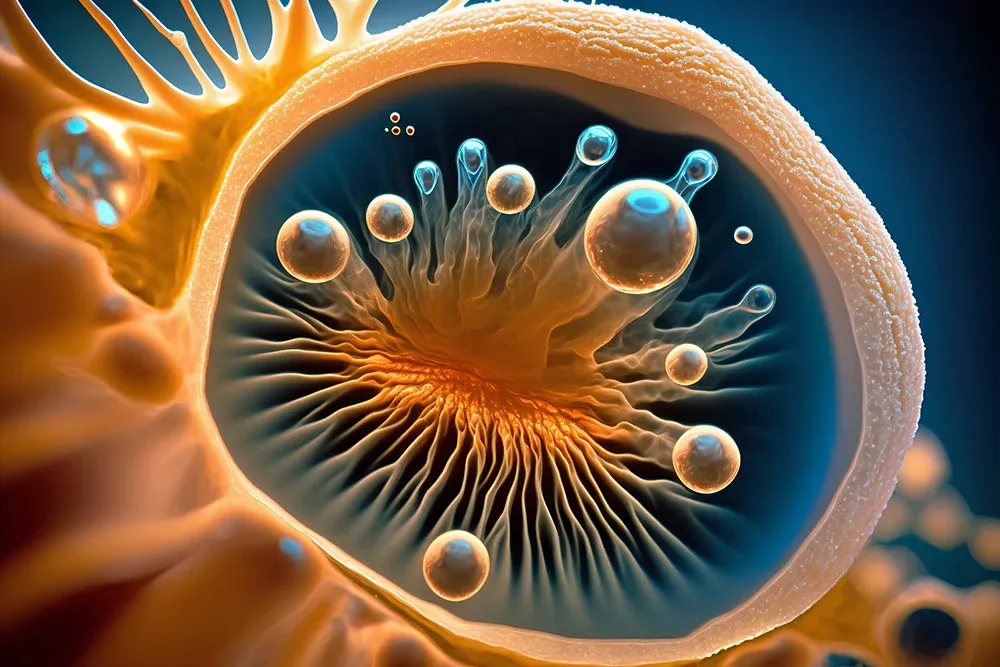Researchers at the University of Michigan Rogel Cancer Center identified a gene that plays a key role in prostate cancer cells that have transitioned to a more aggressive, treatment-resistant form. The gene can be indirectly targeted with an existing class of drugs, suggesting a potential treatment strategy for patients with aggressive subtypes of prostate cancer. "Patients whose prostate tumors lose reliance on the androgen receptor do poorly. Our results suggest a therapeutic approach for patients whose tumors have undergone that shift," said senior study author Joshi J. Alumkal, M.D., the Wicha Family Professor of Oncology at the University of Michigan Rogel Cancer Center.
The work advances earlier studies that found prostate cancer cells undergo a process called lineage plasticity, in which they become resistant to targeting the androgen receptor, a key target in prostate cancer. This transition away from dependence on the androgen receptor is a continuum with cancer cells taking on alternate identities from what is typical in most prostate cancers that rely on the androgen receptor.
In this new study, led by Zhi Duan, Ph.D., and published in the Journal of Clinical Investigation, the team examined which factors might be causing this transition to occur. They identified the gene PROX1, which plays a role in dictating cell identity in both normal cells and cancer cells. The team found that as prostate cancer cells transition to an alternate identity, PROX1 becomes more highly expressed.
Their studies implicating PROX1 began by examining patient tumor biopsies that had undergone lineage plasticity. PROX1 was the top upregulated gene. By examining hundreds of patient tumors along the continuum of lineage plasticity, they confirmed PROX1 as an early marker of lineage plasticity. Indeed, they found that tumors with low activity of the androgen receptor (called double-negative prostate cancer) in addition to tumors that completely lose expression of the androgen receptor (called neuroendocrine prostate cancer) turn on PROX1.
Know more: https://www.sciencedaily.com/releases/2025/06/2506...











